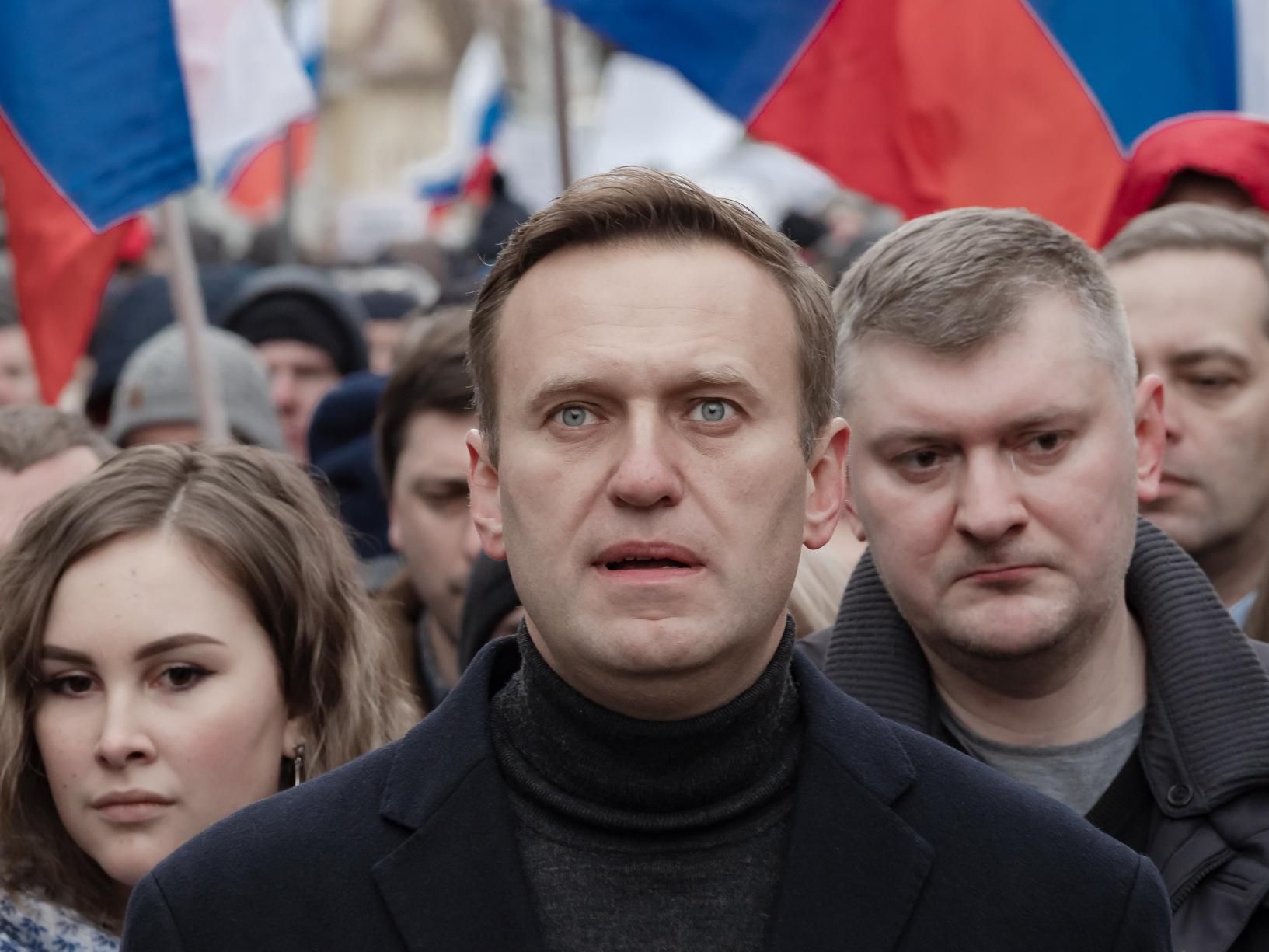Science & Tech
January 14, 2021
Kremlin critic heads home: Leading Kremlin critic Alexey Navalny plans to return to Russia on Sunday from Germany, where he has been recovering from an August 2020 assassination attempt in Russia widely attributed to agents of the Kremlin. The stakes are high: for one thing, the moment he lands, Navalny faces up to 3.5 years in prison for failing to comply with the terms of a suspended prison sentence he received in a 2014 graft trial. But the Kremlin will have to tread carefully. Navalny, a charismatic, nationalistic anti-corruption crusader with a sizable following among Russia's urban elite, has long been a thorn in President Vladimir Putin's side. But jailing him could turn him into a political martyr (as opposed to a literal martyr, which seemed to be the plan back in August) right as Russia heads towards legislative elections this winter. Those elections could prove dicey for the Kremlin: the Russian leader's popularity is near historic lows and the country is reeling from coronavirus. Putin also remembers that it was the rigged elections of 2011 that provoked the largest street protests in Russia's post-Soviet history. Who led them? Alexey Navalny.
Italy's PM in a tough spot: Following the collapse Wednesday of Italy's government, all eyes are now on Prime Minister Giuseppe Conte's next move. Conte can try to cobble together another coalition by giving more power to the center-left Viva Italia party, but that would be perceived as caving to the demands of a junior coalition partner that caused the current crisis because it wants to dole out more on pandemic economic relief -- a move Conte rebuffed because he says it will plunge Italy further into massive. Conte could also seek a confidence vote in parliament and hope the far-left Five Star platform whips up more votes in favor than against. Or he could give up and ask to call an election, with the far-right Lega party ahead in national polls and poised to win a majority with its allies. The government collapse comes at a perilous moment for Italy, which is battling a surge in COVID cases after being one of the hardest-hit countries in the world back in the spring. With the economy in dire straits, more political instability is the last thing the country needs, but Conte — a technocrat appointed to his position as a compromise between the populist right and left, with no political base of his own — may be powerless to stop it.
WHO in China: After months of delays and refusal, Chinese officials have granted a World Health Organization team of at least 13 experts investigating the origin of the coronavirus access to Wuhan, the Chinese city where the pandemic began over a year ago, as China suffers its worst resurgence of COVID since last summer. It's been a rocky road to get to this point — Beijing initially held up the mission, and is still giving the WHO experts a hard time on the ground as President Xi Jinping tries to control the probe and prevent any finding that may implicate his government in a serious coverup and compromise his country's global reputation. (This also comes as sub-par efficacy rates of a Chinese vaccines threaten Beijing's vaccine diplomacy strategy to win back the trust of some developing nations). But time is on Xi's side: the investigation into the origins of COVID-19 will take months if not years. The pace and accuracy of the probe's findings also depend on how much access the WHO is given to closely guarded sites and data.More For You
Most Popular
With the US leading production and China driving new reactor development, Bank of America breaks down the who, what, where, when, and why behind nuclear’s return. Stay ahead of global energy trends with Bank of America Institute.
Chris, an Army veteran, started his Walmart journey over 25 years ago as an hourly associate. Today, he manages a Distribution Center and serves as a mentor, helping others navigate their own paths to success. At Walmart, associates have the opportunity to take advantage of the pathways, perks, and pay that come with the job — with or without a college degree. In fact, more than 75% of Walmart management started as hourly associates. Learn more about how over 130,000 associates were promoted into roles of greater responsibility and higher pay in FY25.
Last week, at the Munich Security Conference, a group of global technology providers, including Microsoft, announced the Trusted Tech Alliance — committed to shared, verifiable principles for trusted, transparent, and resilient technology across borders. At a moment of economic volatility and zero-sum technological competition, countries and customers are demanding greater accountability from technology providers. The Alliance addresses this by bringing together companies from across Africa, Asia, Europe, and North America around shared commitments: transparent governance, secure development practices, supply chain oversight, open digital ecosystem, and respect for the rule of law — ensuring the benefits of emerging technologies strengthen public trust while driving job creation and economic growth. Explore the Trusted Tech Alliance here.
© 2025 GZERO Media. All Rights Reserved | A Eurasia Group media company.
